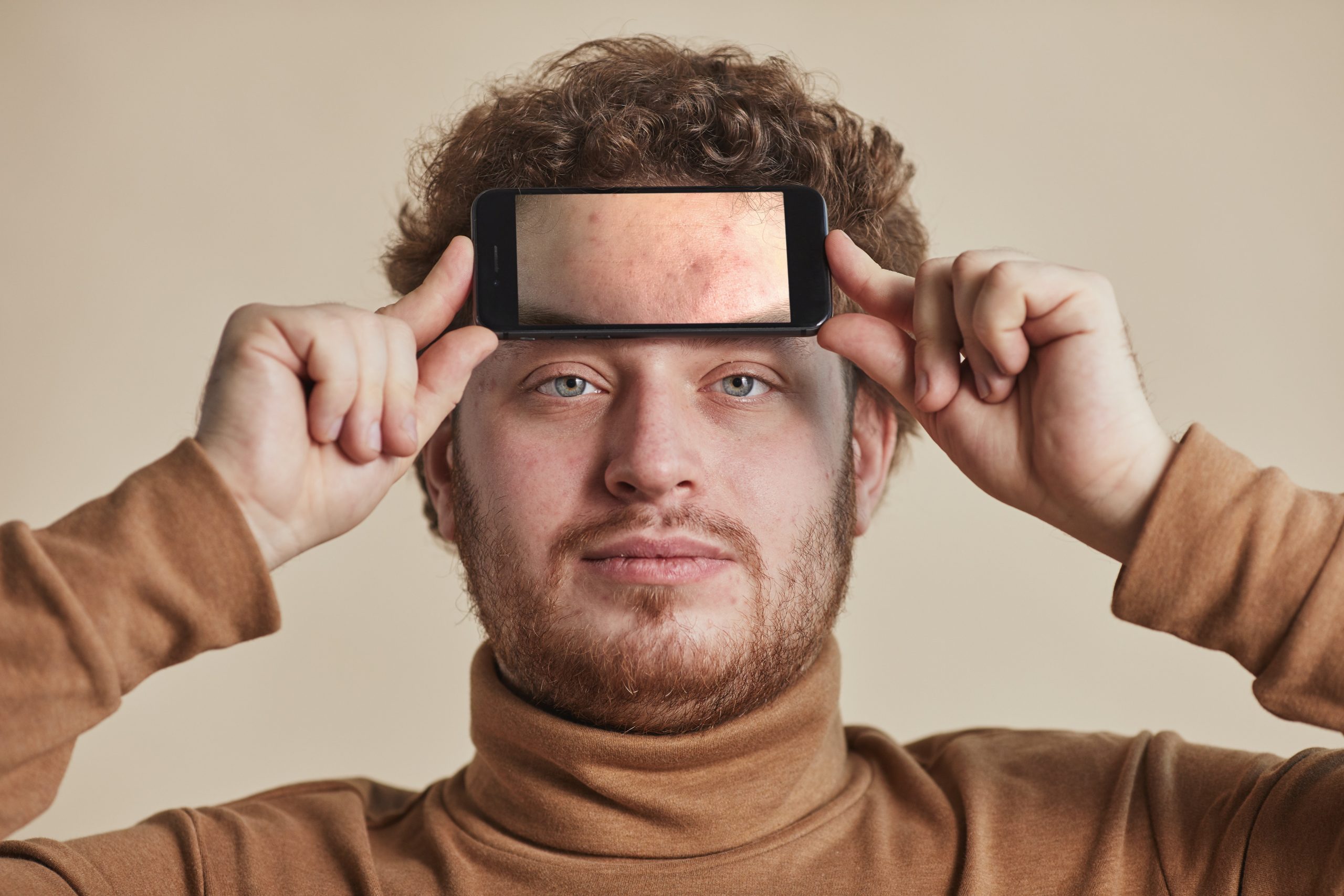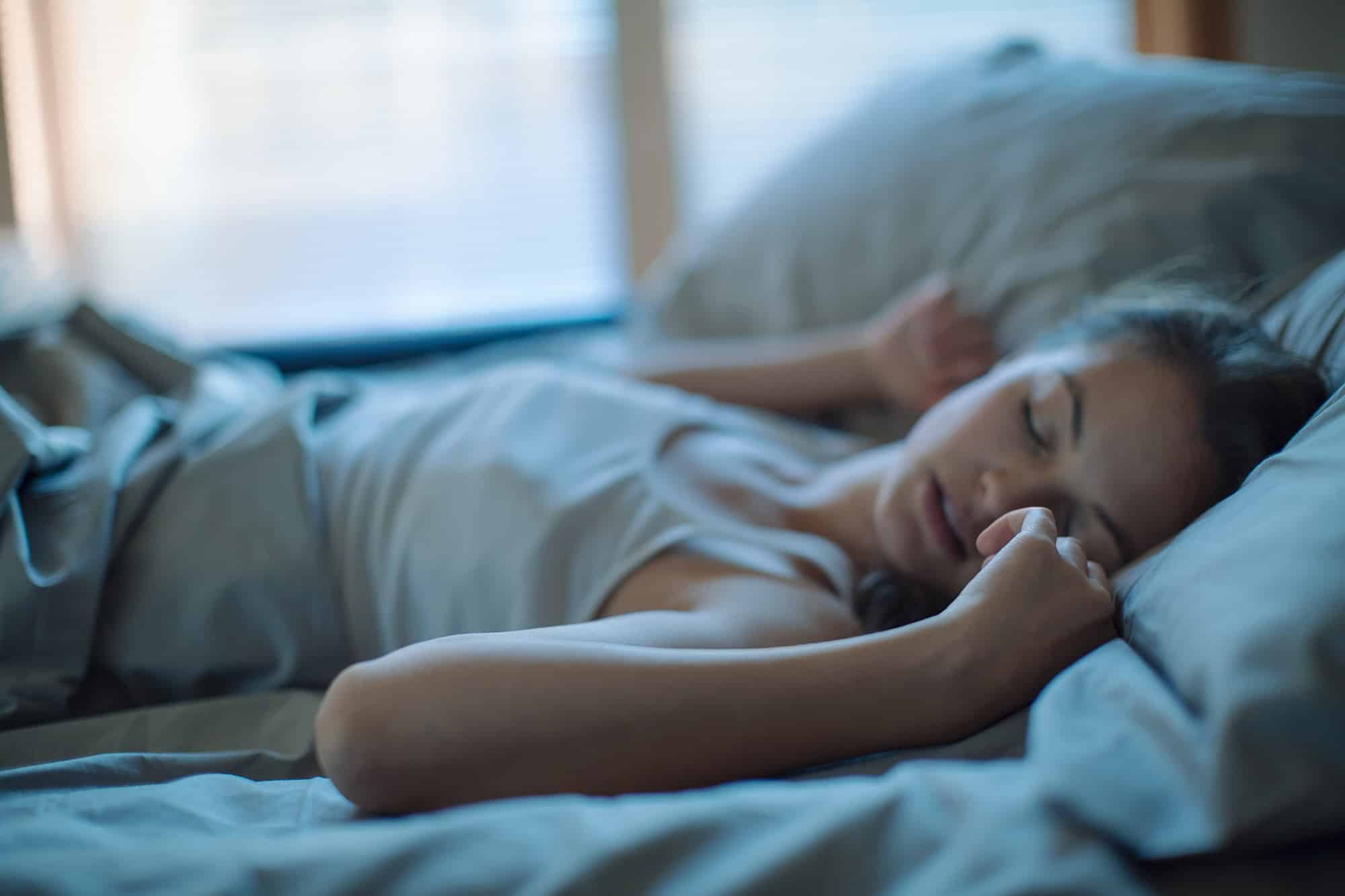When it comes to maintaining a strong immune system, most people think about eating healthily, exercising, and taking supplements. However, one essential weapon in the immunity-boosting arsenal is often overlooked: sleep. In this post, we take a deep dive into the crucial role of sleep for our immune system’s health and offer the best practices for ensuring a restful night’s sleep.
The Connection Between Sleep and Immunity
A good night’s sleep is not a luxury; it is vital for the proper functioning of our immune system. Sleep plays a role in producing and regulating key immune cells, such as cytokines, T cells, and natural killer (NK) cells. When we skimp on sleep, our bodies struggle to fend off infections and recover from illness effectively.
How Sleep Enhances the Immune System
- Cytokine production: Cytokines are proteins that help regulate immune responses and inflammation. During sleep, the body produces more cytokines, which defend against infections and other diseases.
- Improved T cell function: T cells play a crucial role in identifying and killing infected cells. Proper sleep increases T cell responsiveness, making it easier for our immune system to fight off threats.
- Strengthened NK cell activity: NK cells neutralize and eliminate tumor and virally-infected cells. Adequate sleep ensures effective NK cell function, which contributes to overall immune system strength.
Maintaining Overall Health
While focusing on sleep and stress reduction is important for improving immunity, keeping an eye on our overall health is also essential. Regular checkups and screenings help to detect any potential issues early, allowing for timely intervention and treatment. Advanced imaging techniques, such as a full body MRI, can provide a comprehensive view of our body’s health status and help us take the necessary steps to maintain or improve our well-being.
The Impact of Chronic Sleep Deprivation
While occasional sleepless nights might only temporarily impact immunity, chronic sleep deprivation can lead to long-lasting and significant consequences for our immune health. Sustained lack of sleep has been associated with increased susceptibility to infections, higher levels of inflammation, and a greater risk of developing autoimmune diseases. Therefore, it is crucial to prioritize sleep as a cornerstone of overall health and well-being.
How Lack of Sleep Undermines Immunity
Conversely, sleep deprivation impacts the immune system’s efficiency and makes our bodies more vulnerable to illness. Here’s how:
- Reduced cytokine production: Insufficient sleep lowers cytokine production, weakening the immune response.
- Impaired T cell function: Sleep deprivation disrupts T cell function, making it harder for the immune system to identify and destroy infected cells.
- Dysregulation of NK cell activity: Lack of sleep compromises the optimal functioning of NK cells, which, in turn, reduces immune system efficiency.
The Effects of Stress
Stress and anxiety can have a direct impact on both sleep quality and immune system function. Chronic stress often reduces sleep duration and quality, exacerbating the adverse effects of sleep deprivation on immunity. To counteract this, incorporating relaxation techniques — such as deep breathing exercises, meditation, and progressive muscle relaxation — into our daily routines can significantly reduce stress levels and promote better sleep, subsequently benefiting immune system health.
The Role of Sleep Hygiene
Implementing good sleep hygiene practices is a vital component of boosting immunity. Sleep hygiene refers to our habits and behaviors to promote a better night’s sleep. Simple changes, such as maintaining a consistent sleep schedule, creating a relaxing pre-sleep routine, and optimizing our sleep environment, can significantly impact sleep quality and, by extension, immune system function.
How Much Sleep do We Need?
Everyone’s sleep needs vary depending on factors such as age, lifestyle, and overall health. However, the National Sleep Foundation offers general guidelines for recommended sleep durations. Adults (18-64 years) need around 7-9 hours per night, while older adults (65+ years) need about 7-8 hours per night. Consistently meeting these recommendations is essential for maintaining a healthy immune system.
Healthy Sleep Habits
Now that we understand the importance of sleep in bolstering our immune systems let’s explore some best practices for ensuring a restful night’s sleep:
- Establish a sleep schedule: Going to bed and waking up at the same time daily helps regulate our body’s internal clock and improve sleep quality.
- Build a bedtime routine: A consistent, relaxing routine before bed signals to our bodies that it’s time to wind down, making it easier to fall asleep.
- Create a sleep-friendly environment: A dark, quiet, and comfortably cool bedroom is conducive to quality sleep.
- Limit exposure to screens before bed: The blue light emitted by phones, tablets, and computers can interfere with the production of the sleep-inducing hormone melatonin. Dim your screens, switch to night mode, or disconnect for at least an hour before bedtime.
- Exercise regularly: Engaging in regular physical activity can promote better sleep by reducing stress and tiring us out, but try to finish exercising at least a few hours before bed, as doing so too close to bedtime can have the opposite effect.
- Watch caffeine and alcohol intake: Both caffeine and alcohol can disrupt sleep. Pay attention to your individual tolerance and limit consumption several hours before bedtime.
Conclusion
Don’t underestimate the power of a good night’s rest. Prioritizing sleep and adopting healthy habits can have lasting, positive effects on our immune system, keeping illnesses at bay. So, turn off the screens, create a bedtime routine, and treat yourself to some quality shut-eye. Your immune system will thank you.

John Davis is a passionate content writer with a knack for crafting engaging narratives across various subjects. With a keen eye for detail and a love for storytelling, John brings ideas to life through the power of words. His dedication to delivering high-quality and informative content has made him a trusted voice in the digital realm. When he’s not at his desk, you’ll find John exploring new hobbies and seeking inspiration in the world around him.








Loading…